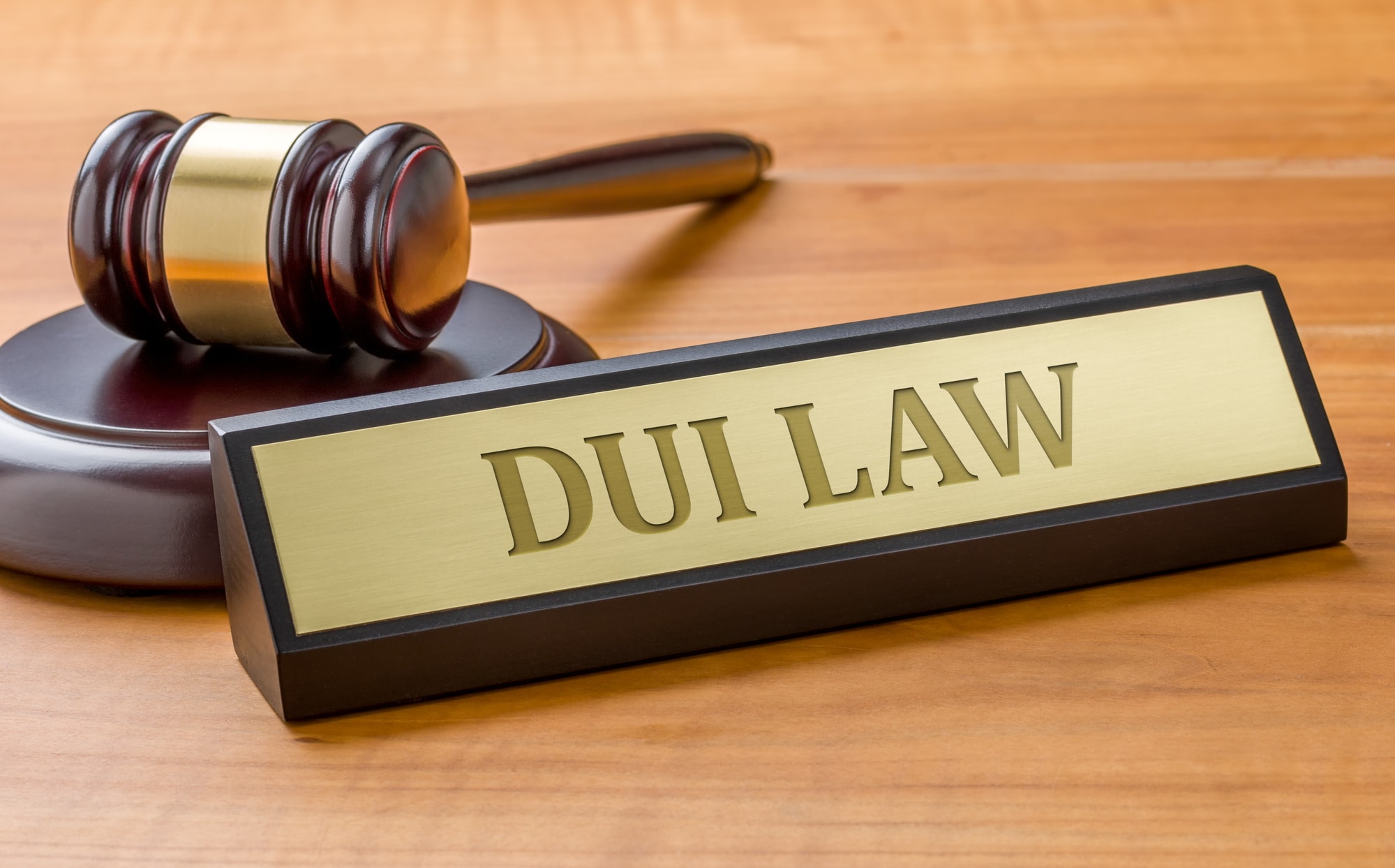Being convicted of a drug charge in Michigan can have serious consequences. People found guilty may face penalties that include jail time, fines, court fees, community service, suspension of their driver’s license and mandatory substance abuse counseling. If you have been convicted on a second, third or subsequent drug charge, the penalties get harsher.
It’s important to have an experienced criminal defense attorney on your side if you are being charged with a drug offense. It can often be the difference between a harsh sentence and a lighter sentence that is more appropriate for the crime committed. The attorneys at Manley & Manley work tirelessly to help our clients get the best possible outcome.
State sentencing guidelines affect the penalties you face
When considering sentences for a person convicted of a drug felony in state court, judges and attorneys use the Michigan Sentencing Guidelines. These guidelines are complicated and the way they are applied is not always straightforward. But they do give a good indication of the sentences you could face if convicted.
These guidelines are considered advisory and are only recommendations. A judge can generally impose a sentence that falls below or above the guideline range. (Some offenses carry a mandatory minimum sentence by law.) Prosecutors and defense attorneys also use these guidelines when negotiating plea agreements.
The guidelines consider the type of crime that was committed, and assign points for two types of variables:
- Offense variables – These can be found in police reports and trial testimony. Offense variables are details of the crime that can affect the sentence you receive. (In general, the worse the details, the more serious the sentence.)
- Prior record variables – These refer to previous offenses on your criminal record. If there are previous drug charges on your record, you may receive a harsher sentence.
There are sentencing grids within the guidelines that list the total points that apply to the case along with a suggested sentencing range. But there are other factors that can affect the sentence you receive.
Habitual offenders can receive more prison time
One of these factors is habitual enhancement. If you are facing a felony drug charge, and have at least one prior felony conviction, a prosecutor may seek to charge you as a habitual offender and enhance your sentence. Habitual enhancement can mean much more time in prison – as much as double in some cases.
Habitual offender enhancement for certain drug charges can increase the top end of your sentencing guideline range by:
- 25 percent for a second offense
- 50 percent for a third offense
- 100 percent for a fourth offense.
Being convicted of a second, third or subsequent drug charge often means longer prison terms, larger fines and other harsh penalties. You need an experienced attorney who knows the law, is familiar with sentencing guidelines and can provide a relentless defense to help you demand the best result possible.
Your future is at stake. Our firm has helped people facing serious charges in Flint and throughout Michigan for decades. We know what’s at stake and are ready to fight for your rights. If you are facing a second, third or subsequent drug charge in Michigan, contact us to schedule a free consultation. We’re committed to fighting for your rights every step of the way.



